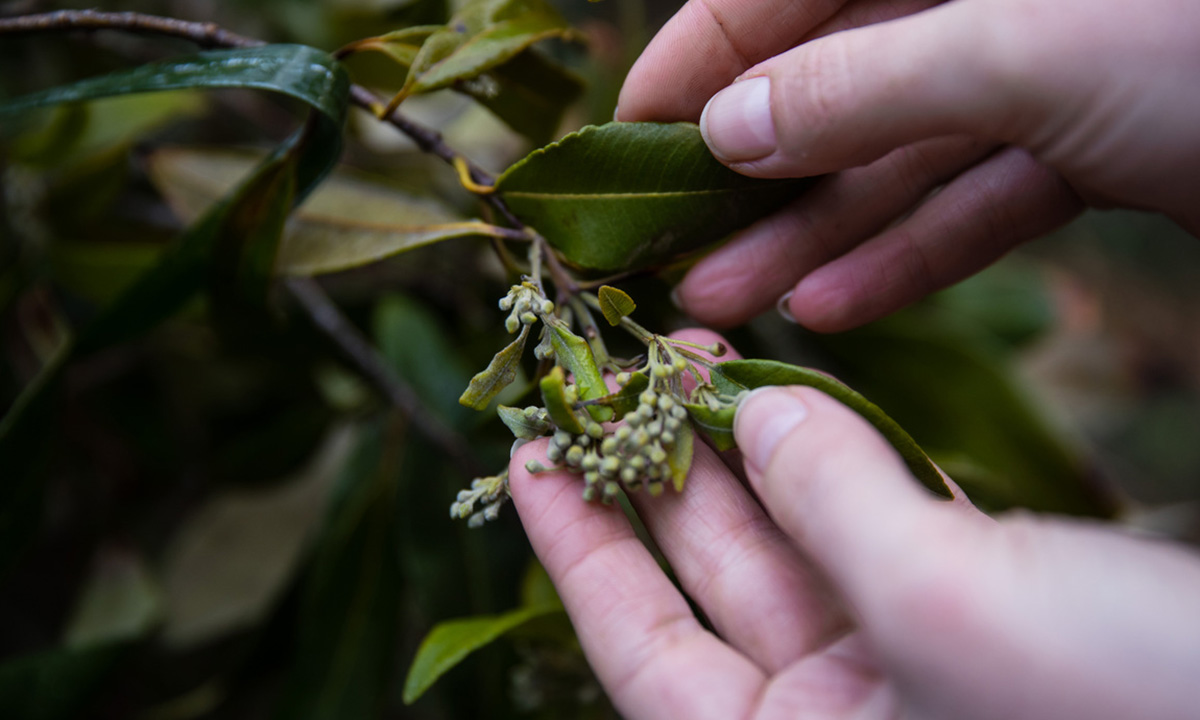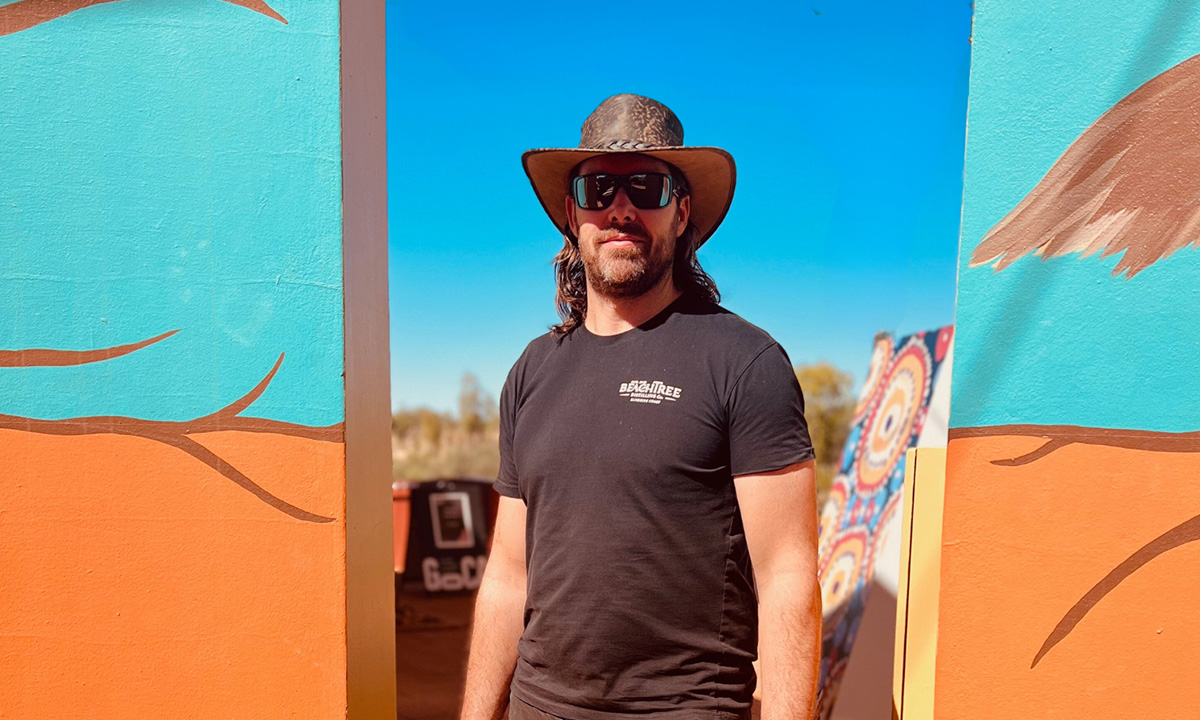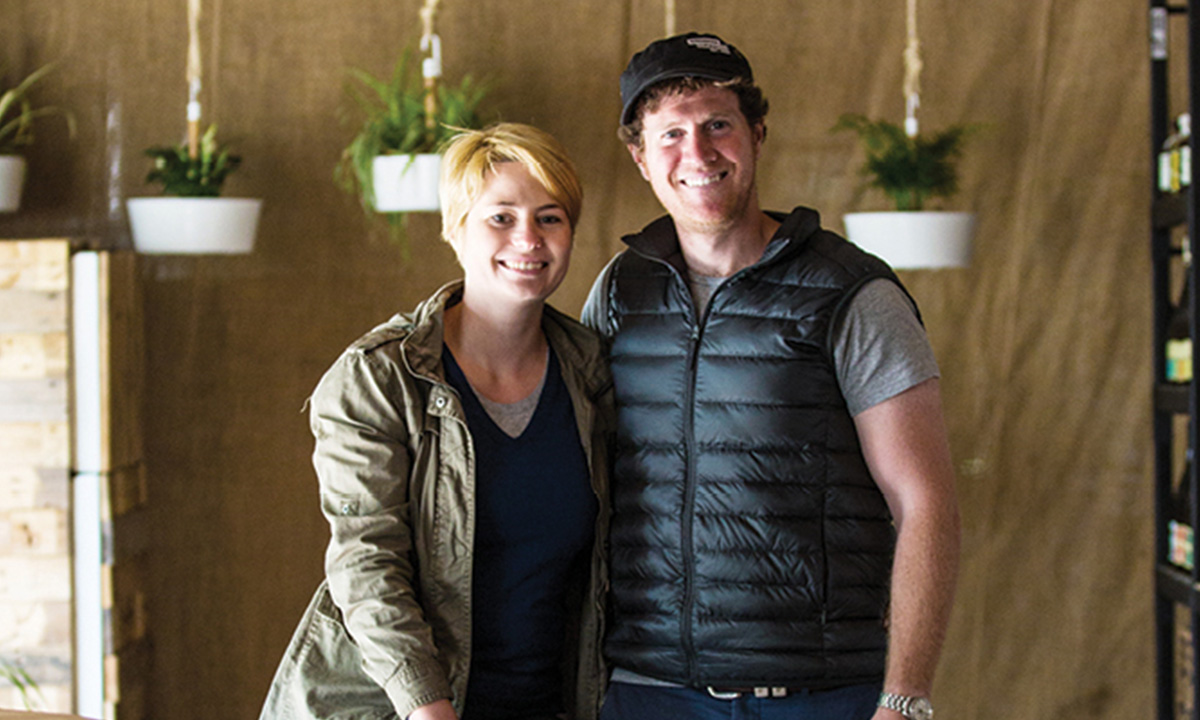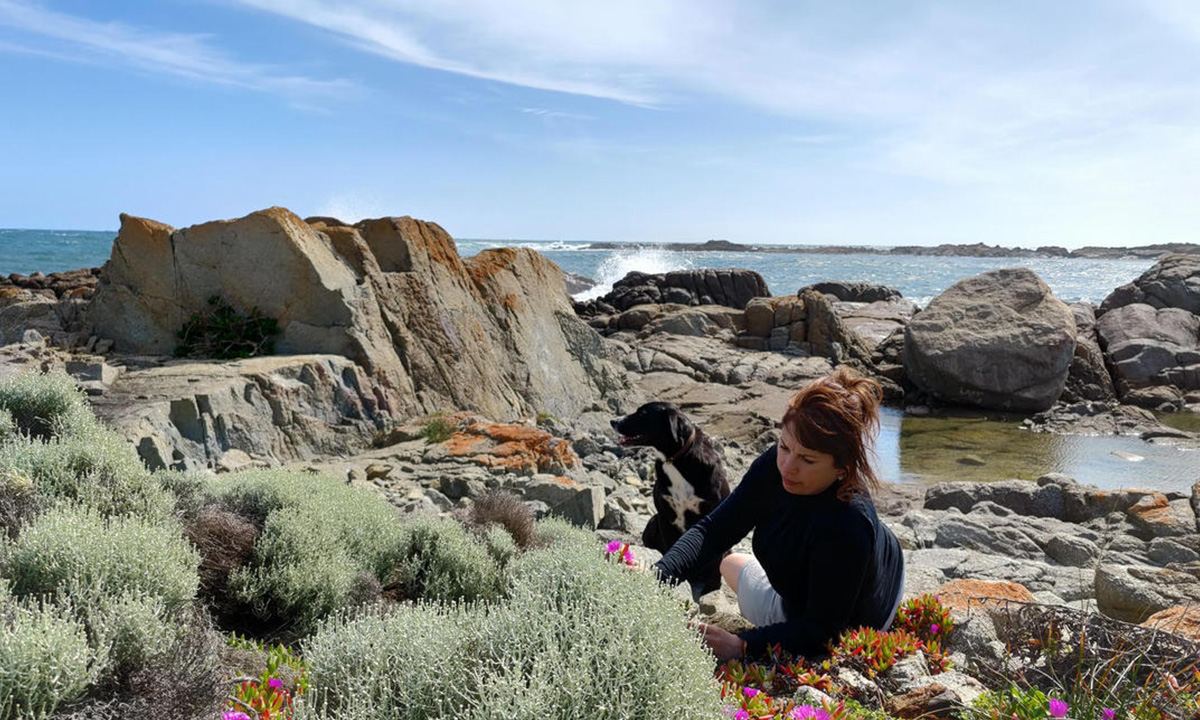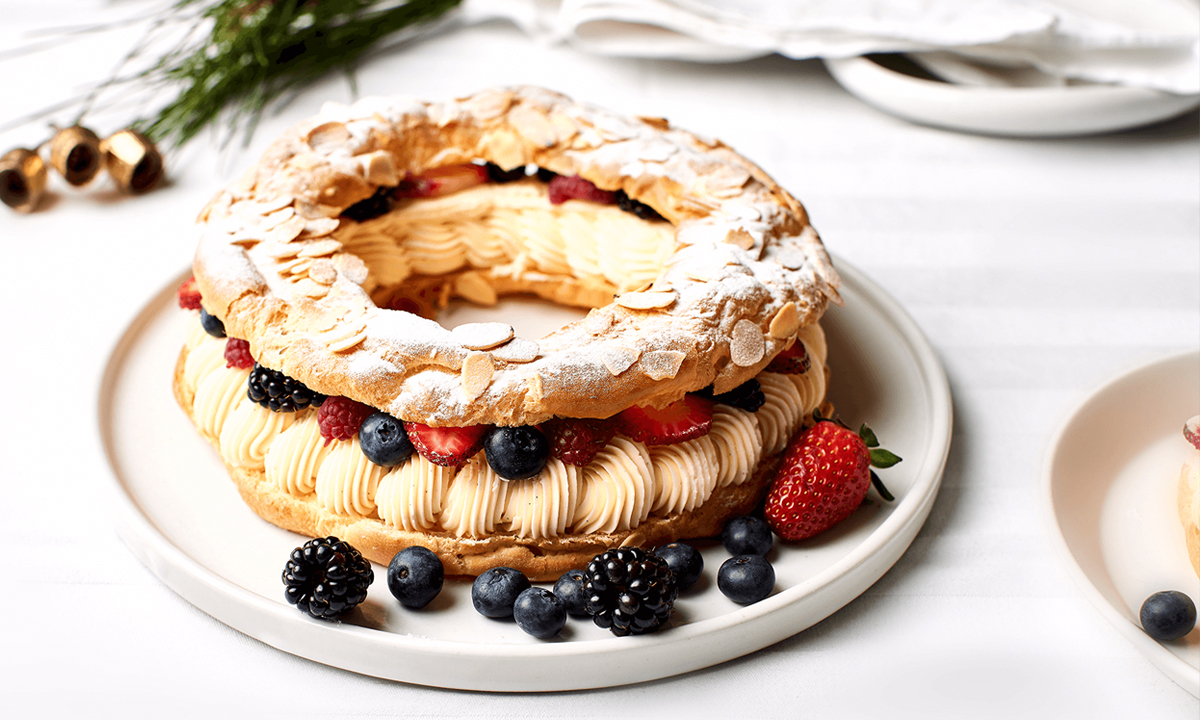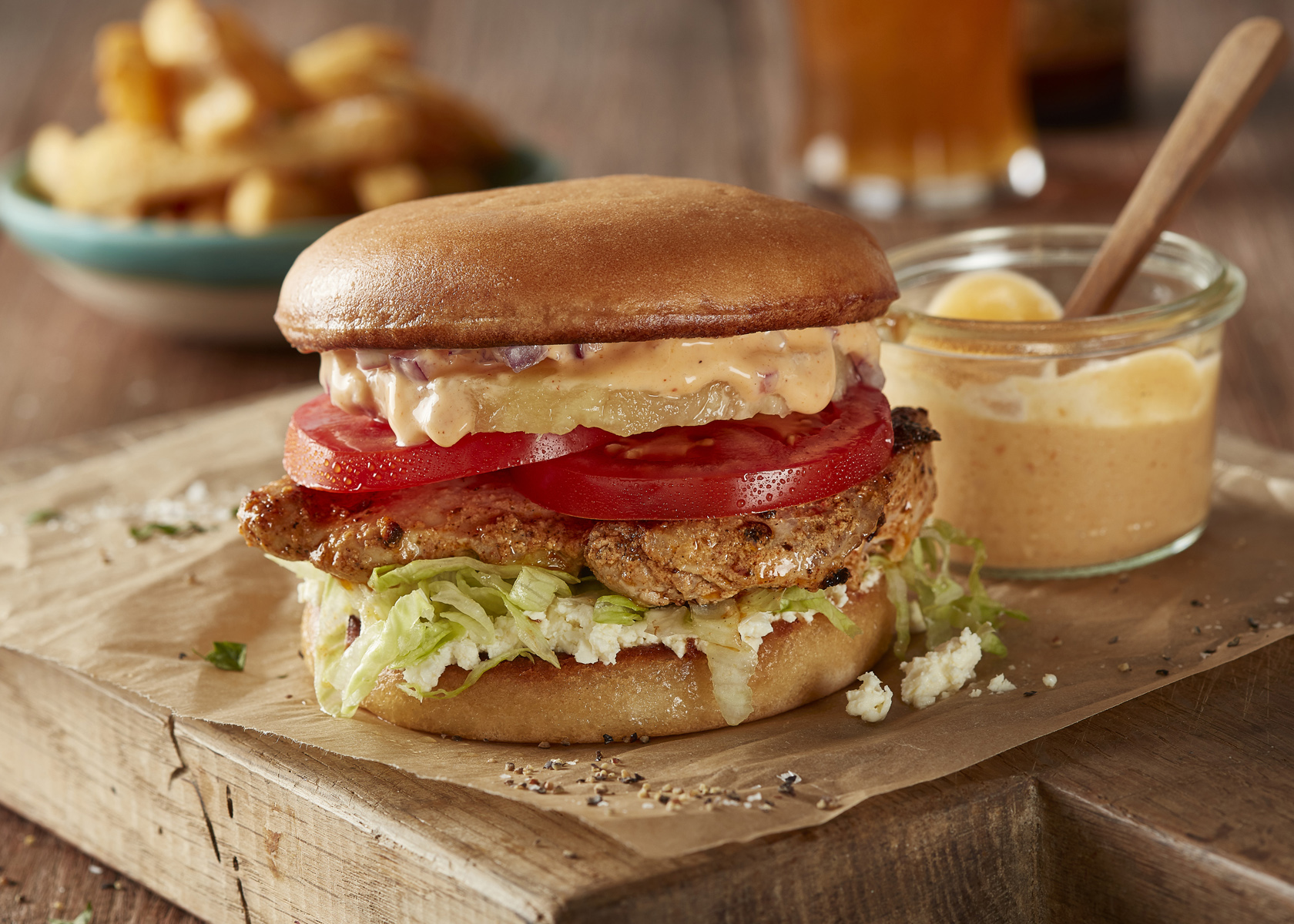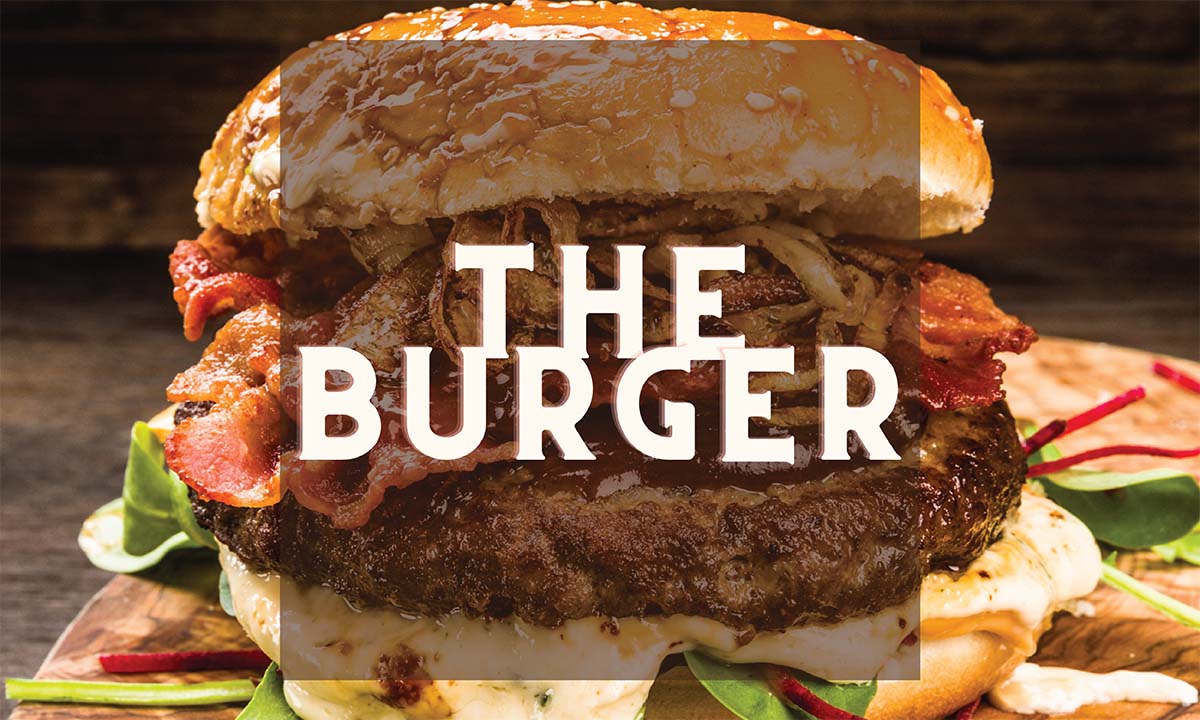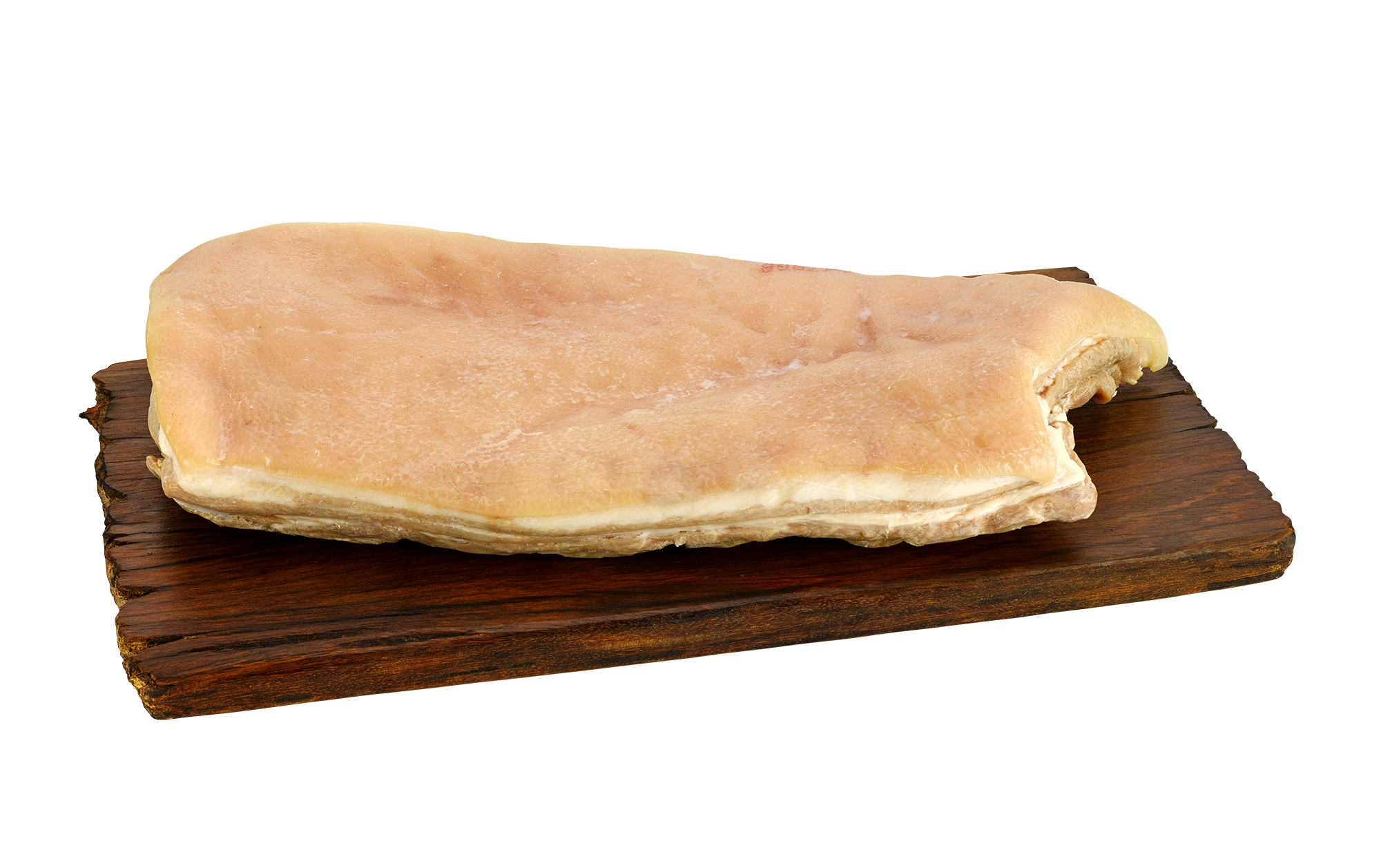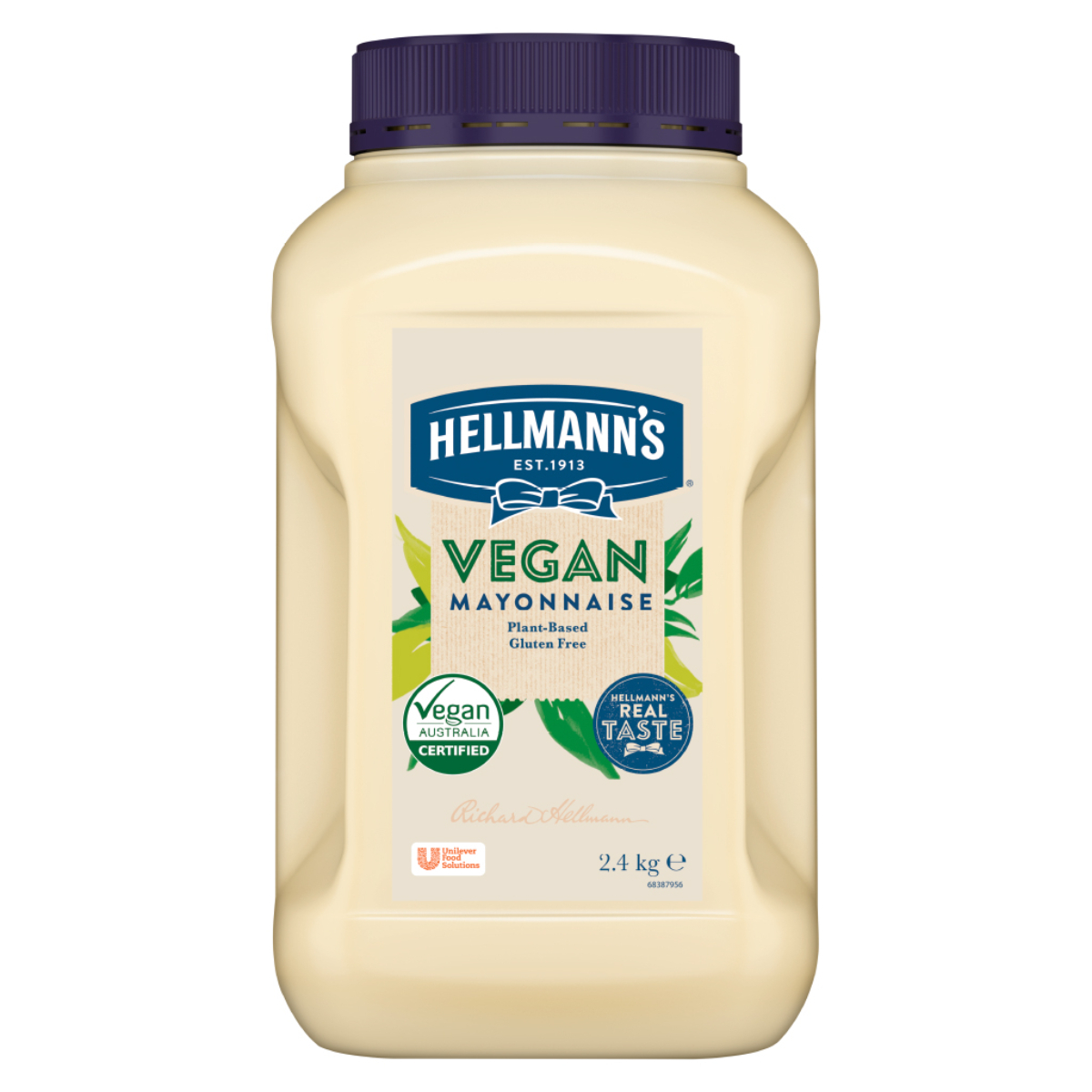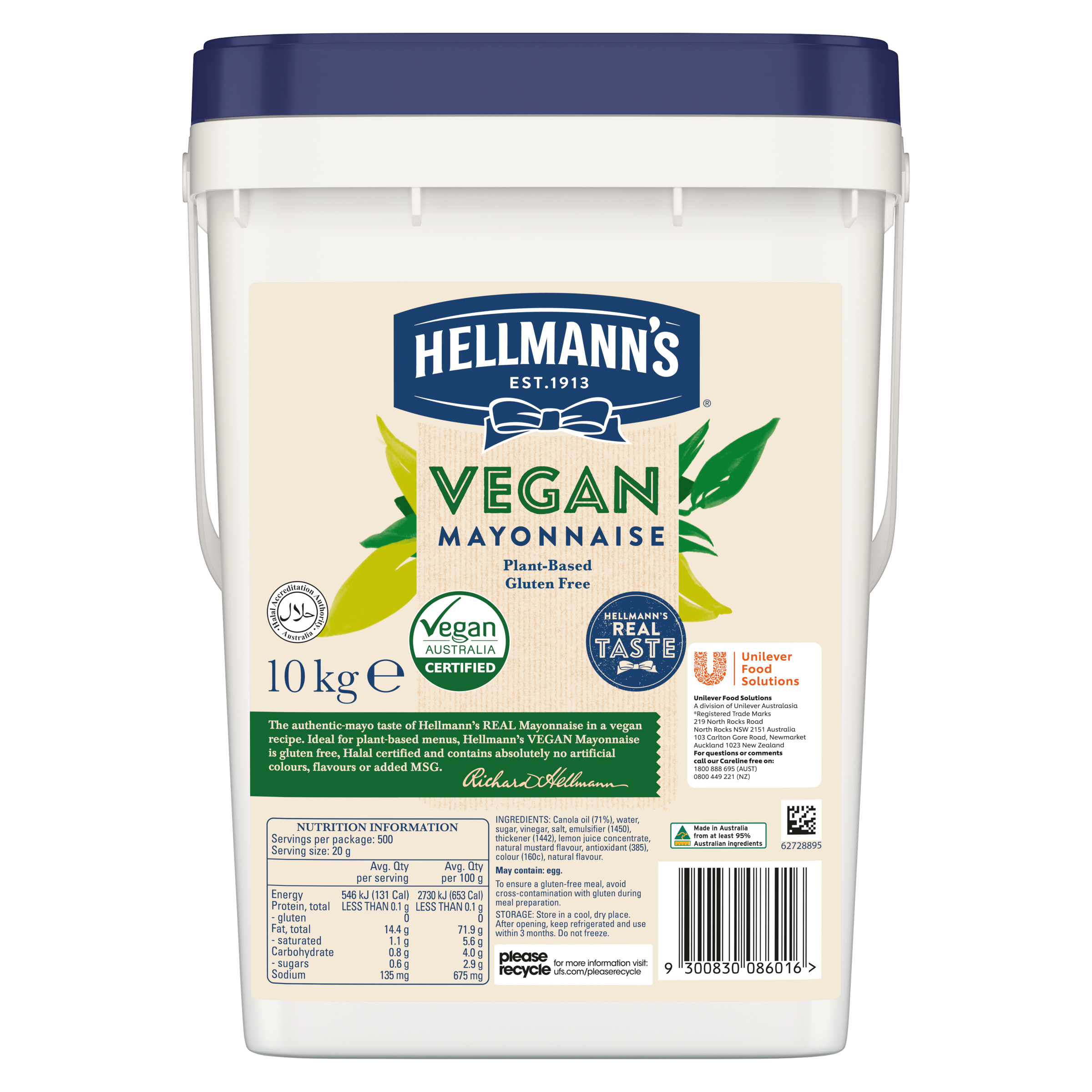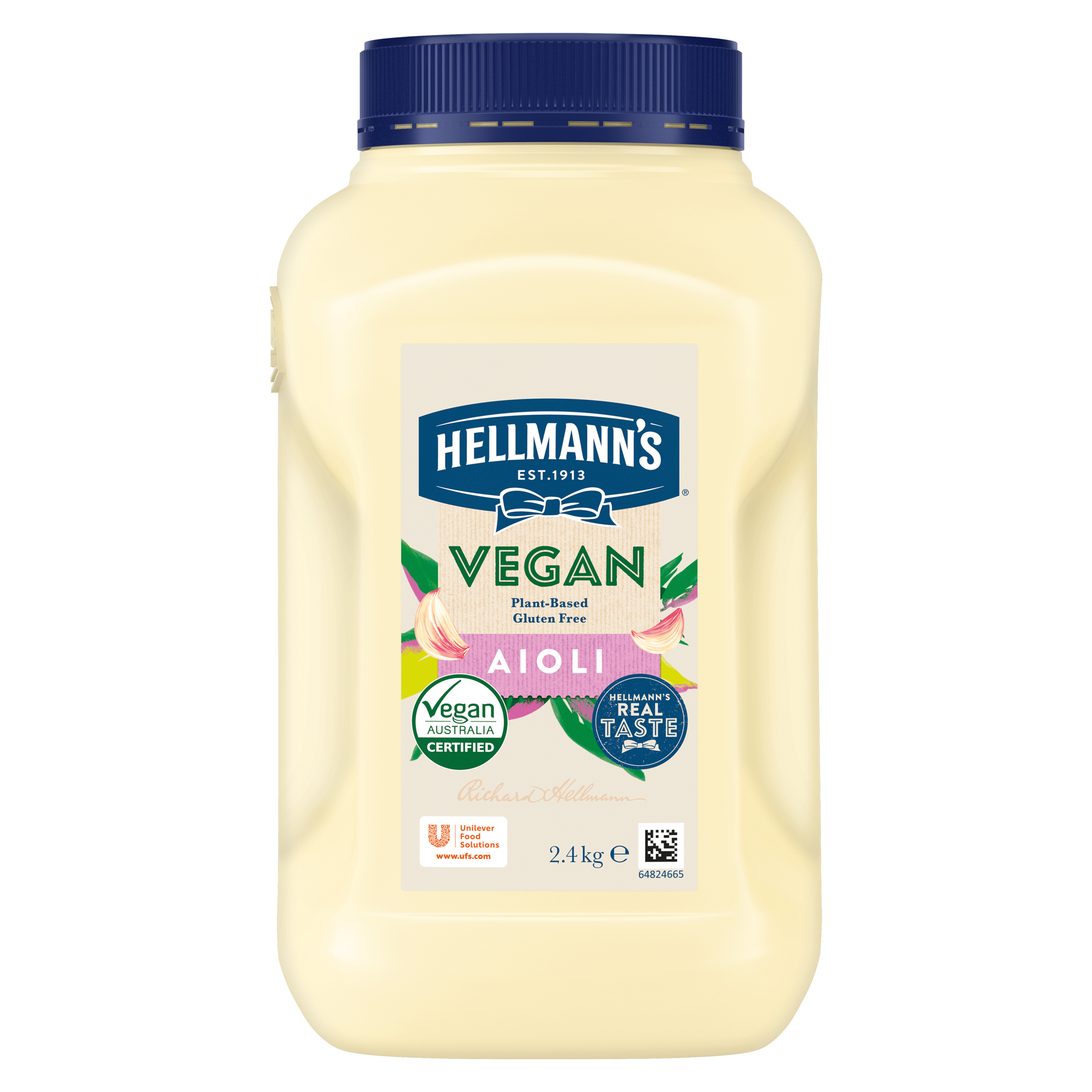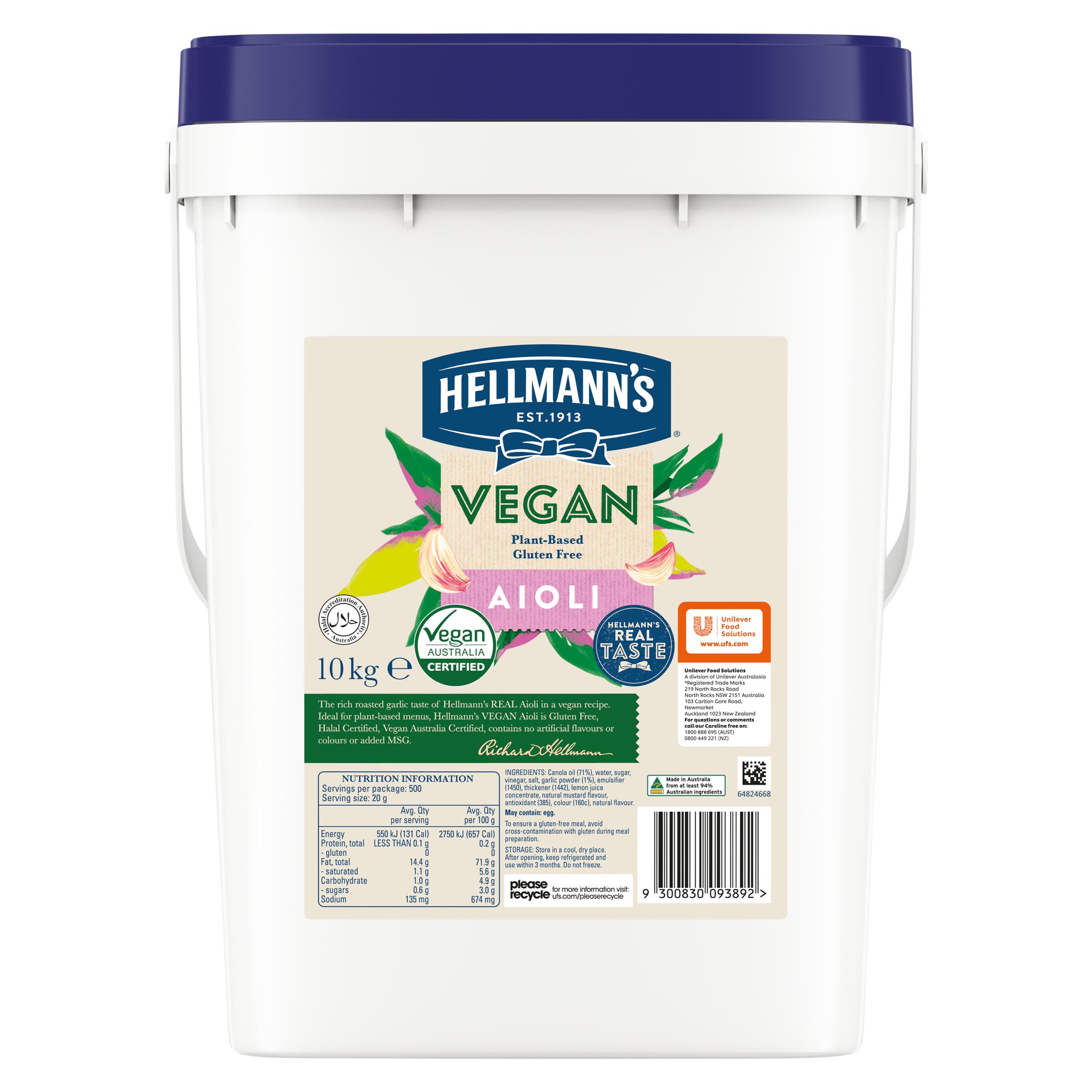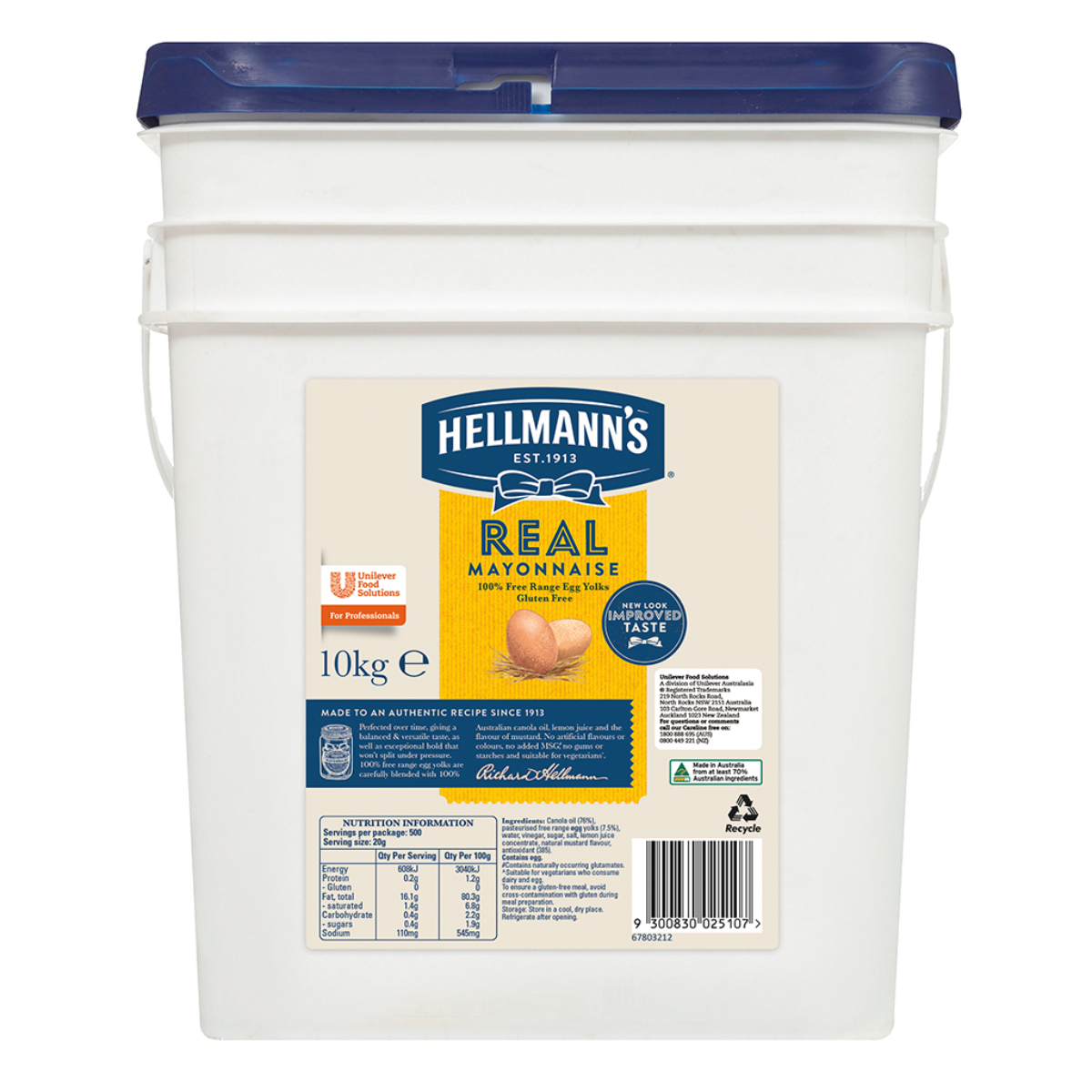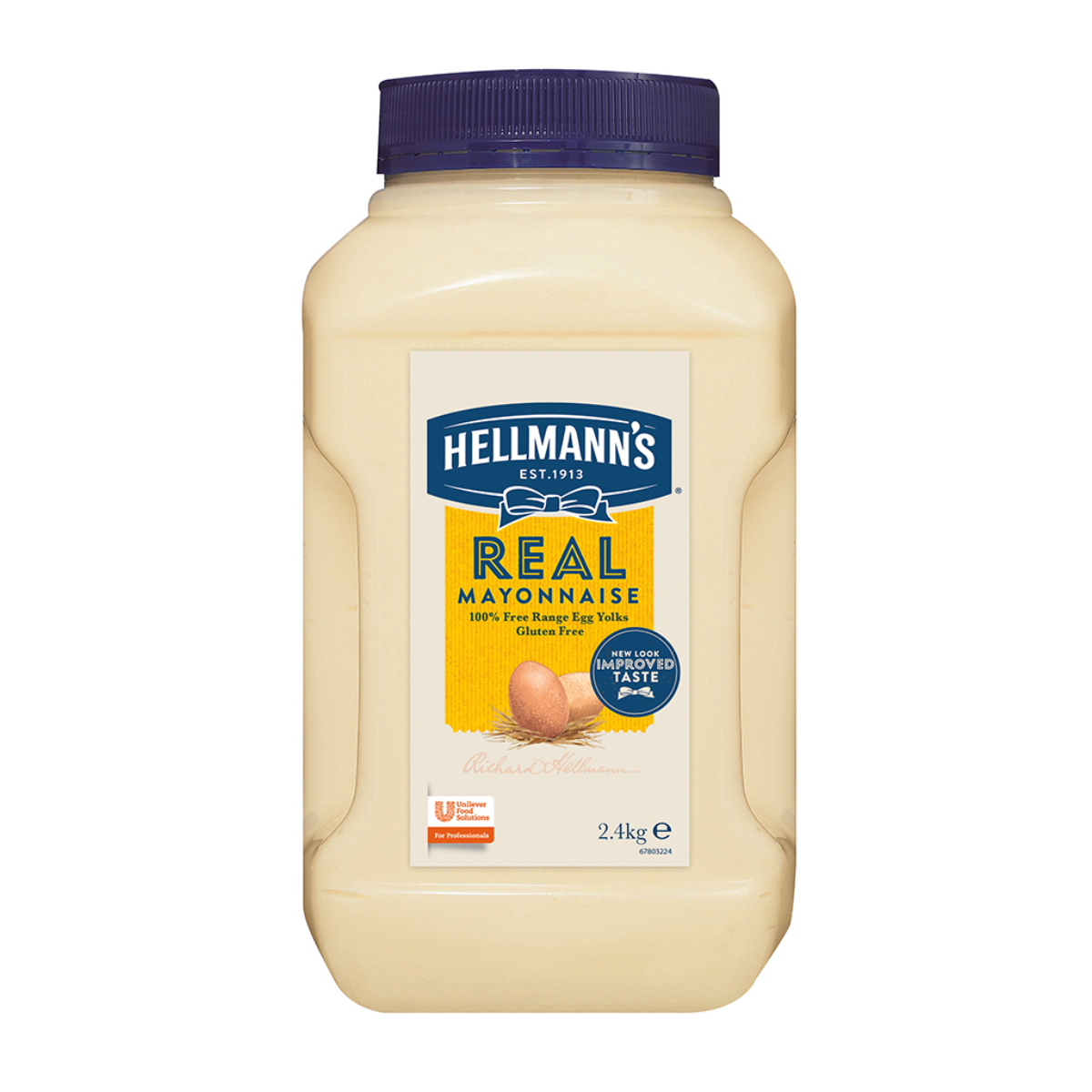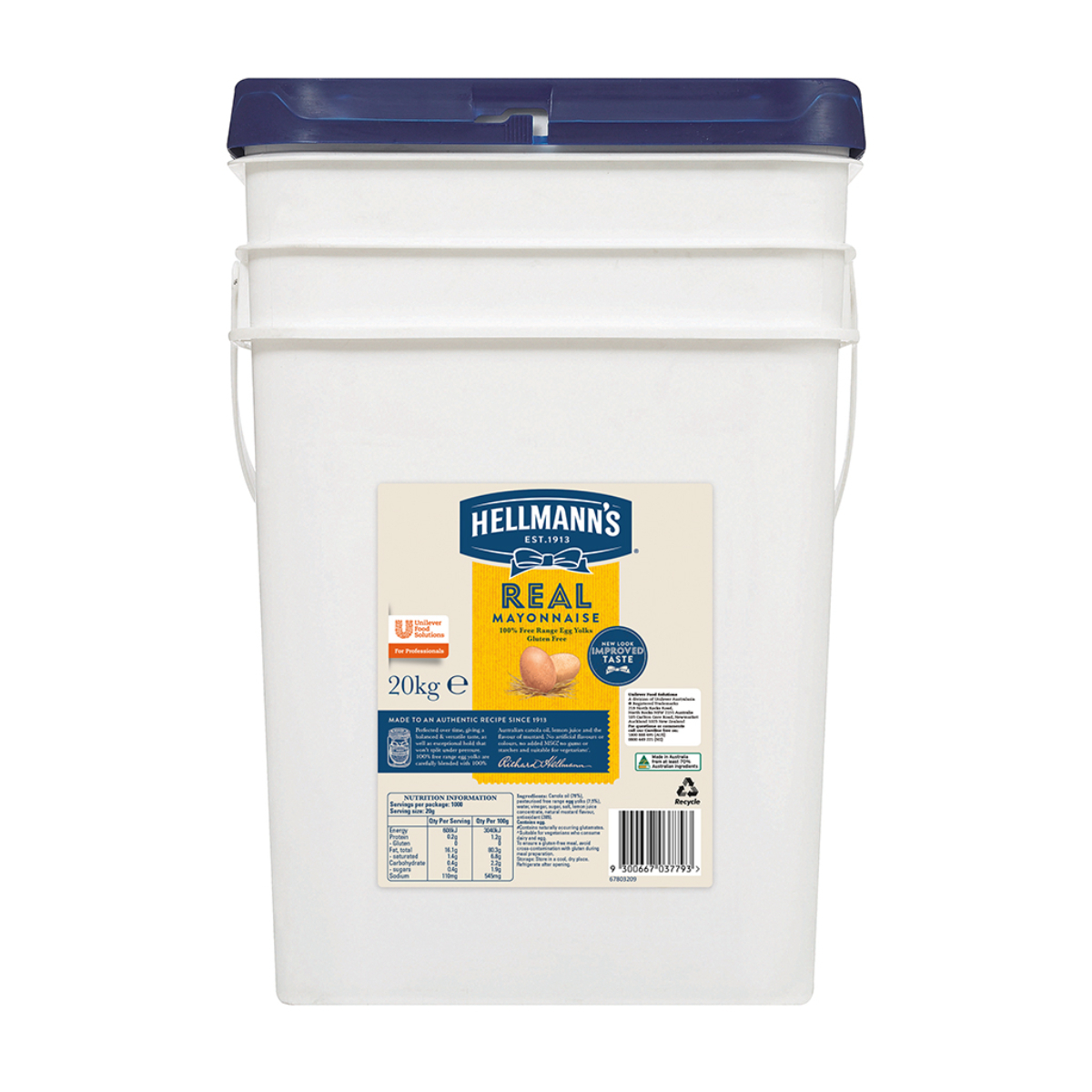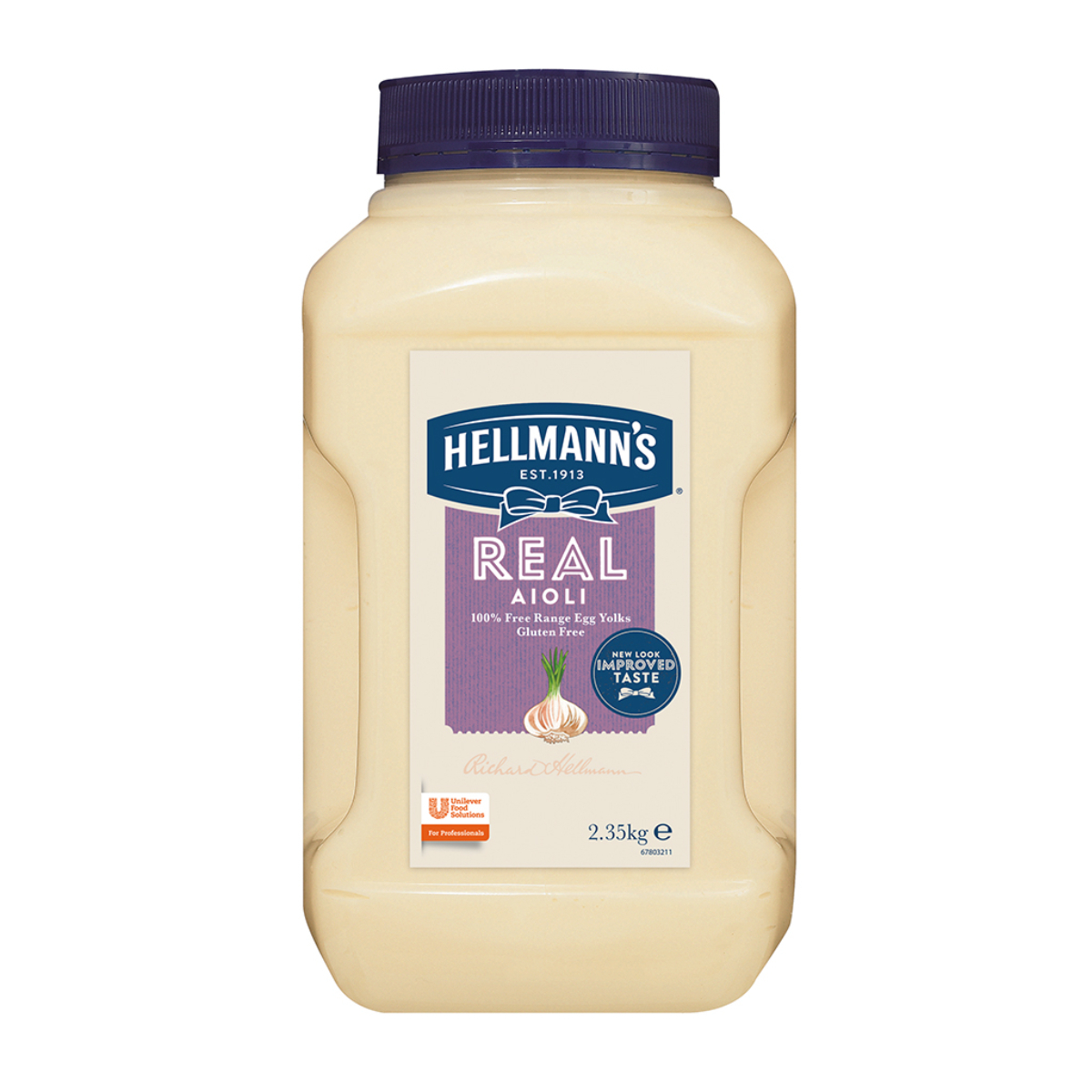On the harsh and lonely coastline of King Island, where vicious winds whip sand into the air, Heidi Weitjens is planting saltbush.
This is her Bottle to Beach initiative. She runs King Island Distillery and guests are invited to take a native seedling. But they must plant it on the beach, helping undo pastoral damage. “It prevents erosion. These plants stop sand being blown away.”
She is one of hundreds of Aussies using native plants to flavour spirits and giving back to the land.
Redefining Australian flavours
This continent has sustained human life for at least 65,000 years. First Nations people are intimately aware that the land offers a bounty but, since colonisation, mainstream Australian cuisine has been about the familiar rather than unique – we are renowned for lamb, not strawberry gum.
Steve Grace, Kamilaroi man and master distiller at Beachtree Distilling, sees this evolving. “There is growing enthusiasm for native flavours. The positive attitude towards gin is a steppingstone towards broader acceptance of Indigenous ingredients.”
“There is a huge educational barrier here,” adds Brendan Carter, who operates Applewood and Økar distilleries with his wife, Laura. “Many [business owners] aren’t comfortable with these flavours – they don’t know how to use them. But they know gin.”
Distillation finding a way
It’s no easy task. Many native botanicals are powerfully flavoursome. Grace believes that this is precisely the point. “[They] can easily dominate the taste of a spirit, but that makes finding the right balance more rewarding.”
Grace uses spirits to connect with and share his heritage. His partner, Kirra Daley, points out that he also has engineering expertise. “He has been able to design and build equipment which customises distillation. We are able to extract unique flavours and aromas without … losing their essence.”
This, with Grace’s understanding of ingredients and 20 years’ distillation experience, gives Beachtree a high quality point. And it shows. They won two gold medals at the 2022 World Gin Awards with very different gins – Quokka, which focuses on pepperberry, and Koala, which showcases lemon myrtle. These ingredients can be as successful as they are unique.
But there is a need for fresh ingredients, which has its own issues.
Advocating for ethical supply
In her podcast First Eat, First Nations actor, writer and activist Nakkiah Lui mentions that collaborative efforts are severely lacking between settler and Indigenous Australians, which denies knowledge and profit sharing.
Several companies, though, are now actively working with First Nation-owned suppliers. This fosters an understanding of Australia’s landscape and, vitally, includes traditional owners in discussions about appropriate use of botanicals, as well as profits.
Dave Withers, head distiller at Archie Rose, says that “Archie Rose always tries to work with First Nation-owned or -operated businesses. When we first started, it was easier to source from these companies because no one else was ethically sourcing what we needed.”
Collaboration can allow for celebration without appropriation, and the support First Nation suppliers receive from distillers leads to growth, meaning more supply to distilleries, breweries, grocers and restaurants.
“There are many Indigenous and non-Indigenous [Australians] playing a role,” Grace says. “Their use of native ingredients is paving the way for wider appreciation and acceptance of native foods.”
Regenerating the landscape
Every plant that has evolved in Australia is equipped to survive it. Many are water efficient. Several thrive in summer heat. Some can desalinate our soils. The repopulation of native plants can only be good for the environment.
The Carters face this head on. Applewood and Økar’s spirits emphasise native flavours, but aim to displace introduced crops with orchards of edible natives. “We encourage growers to make the switch and offer contracts, so they have a guaranteed income. We’re using spirits to communicate a grander story.”
On King Island, Weitjens is also making a difference. Much of the island was cleared to make way for agricultural settlements. She is keenly aware that she needs to plant more than she uses. “In some ways, it isn’t about making a great drink. It’s about a beautiful island. It’s about caring for it. It’s about regenerating the land.”

